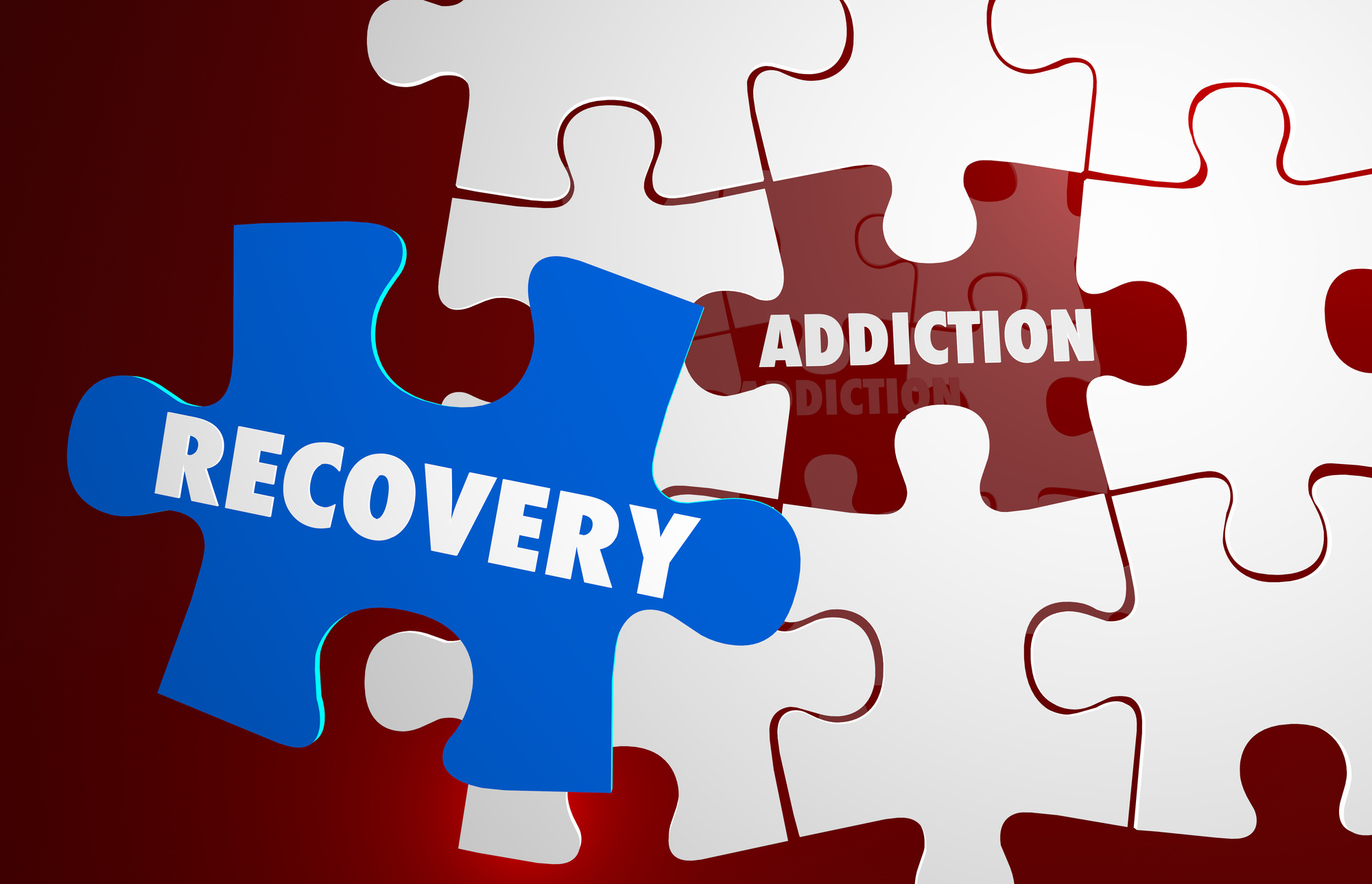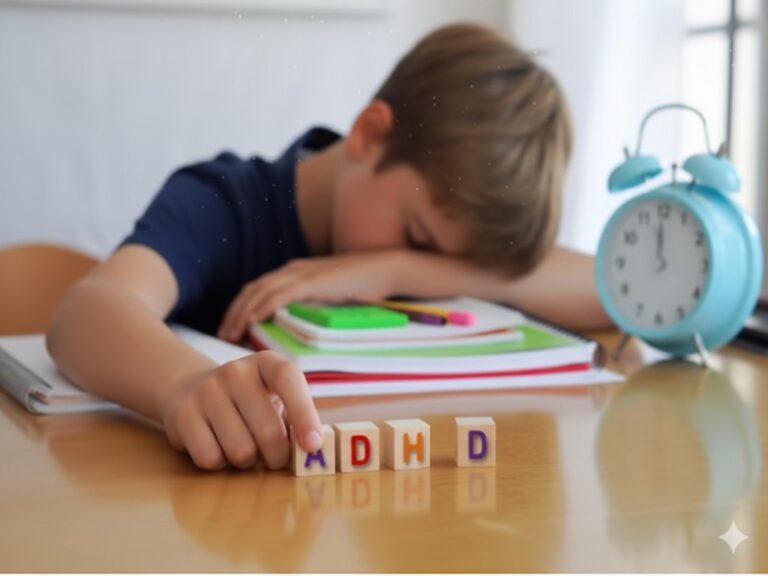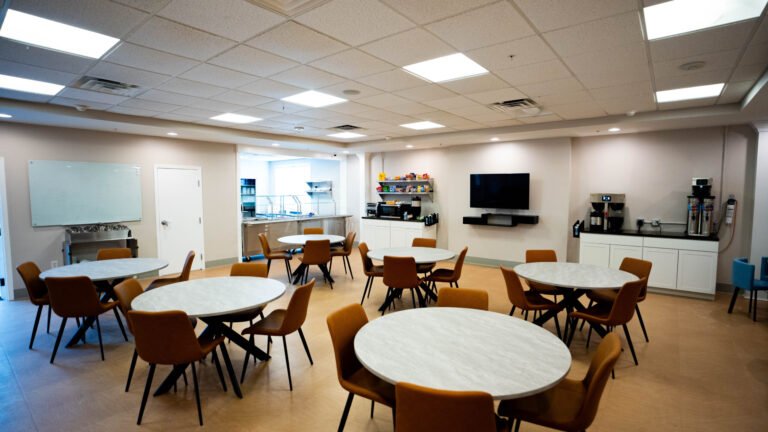Addiction has long been one of society’s most pressing challenges, affecting individuals, families, and communities worldwide. With the constant evolution of medical science, psychology, and digital health, 2025 has brought forward a new era of innovation in the way we approach healing. Addiction recovery is no longer limited to traditional treatments but now integrates advanced tools, technologies, and therapeutic methods that are reshaping the future.
This article explores the latest developments in addiction recovery, the new hope they bring, and how people seeking help in 2025 are better supported than ever before.
The Changing Landscape of Addiction Recovery
Addiction recovery has always been multifaceted. Historically, it has relied heavily on methods like group therapy, counseling, rehabilitation programs, and 12-step models. While these remain valuable, the year 2025 has introduced more personalized and science-driven approaches. With the integration of digital platforms, neuroscience, and holistic therapies, recovery now goes beyond symptom management to address the root causes of addictive behavior.
What makes this new era stand out is the focus on tailoring treatment to each individual. Every person’s journey into and out of addiction is unique, which is why customized recovery strategies are proving more effective than generic, one-size-fits-all solutions.
Technology as a Catalyst for Healing
One of the most significant breakthroughs in 2025 is the rise of digital tools in addiction recovery. Mobile applications, wearable devices, and AI-driven platforms are playing key roles in helping people monitor progress, maintain accountability, and receive support instantly.
Smart Apps for Daily Support
Recovery apps now offer 24/7 guidance by tracking moods, cravings, and triggers. They provide real-time coping strategies and connect users with therapists or peer support groups instantly. These tools help bridge the gap between therapy sessions and daily life, ensuring people are never alone in their journey.
Wearables and Neurofeedback
Wearable devices can now measure stress levels, sleep quality, and brain activity patterns linked to cravings. By using neurofeedback, individuals can train their brains to respond differently to triggers, reducing the likelihood of relapse. This scientific approach makes the recovery process more measurable and proactive.
Virtual Reality Therapy
Virtual reality (VR) has gained recognition as a powerful therapeutic tool. By simulating real-life triggering situations in a controlled environment, VR allows individuals to practice coping strategies safely. This experiential therapy builds resilience and prepares people to handle challenges in the outside world.
The Role of Hypnotherapy in 2025
Among the many evolving treatments, hypnotherapy has gained strong momentum in addiction recovery. Specialists like Darren Carter in the UK are leading the way by offering evidence-based hypnotherapy sessions that focus on subconscious reprogramming.
Addiction often stems from deeply rooted subconscious patterns that traditional talk therapy cannot always address. Hypnotherapy directly targets these patterns, helping individuals reduce cravings, break repetitive habits, and restore emotional stability. By addressing the subconscious mind, it helps clients regain confidence, control, and long-term resilience.
Confidential, private, and tailored sessions ensure that clients receive support that is not only effective but also deeply personal. This approach has proven especially beneficial for people struggling with addictions such as smoking, alcohol, or compulsive behaviors.
Holistic Approaches to Recovery
While technology and hypnotherapy are at the forefront, holistic therapies remain an essential part of addiction recovery in 2025. These methods aim to heal the whole person—mind, body, and spirit—rather than just focusing on the addiction itself.
Mindfulness and Meditation
Mindfulness practices, supported by mobile apps and virtual classes, are helping individuals remain grounded. By learning to stay present, clients reduce anxiety, improve focus, and develop healthier responses to triggers.
Nutrition and Fitness Programs
Nutrition therapy and exercise plans are increasingly integrated into recovery programs. A balanced body contributes to a balanced mind, and physical health is now recognized as a cornerstone of long-term sobriety.
Creative and Expressive Therapies
Art therapy, music therapy, and journaling provide healthy outlets for emotions, enabling individuals to process their struggles creatively. These therapies not only aid recovery but also help people rediscover joy and purpose.
The Rise of Personalized Recovery Plans
In 2025, the concept of personalized medicine extends into addiction recovery. Genetic testing, brain scans, and psychological assessments are being used to design treatment strategies that align with a person’s unique biology and psychology.
By identifying specific risk factors and neurological imbalances, specialists can develop precise recovery roadmaps that dramatically increase success rates. This level of personalization ensures that individuals receive the exact type of therapy, medication, or support that works best for them.
Community and Connection in the Digital Age
Though technology has advanced, human connection remains at the heart of addiction recovery. Online support communities, video conferencing, and peer mentoring programs have expanded access to help for people who cannot attend in-person sessions.
These digital communities are breaking barriers, allowing individuals from around the world to share experiences and support each other in real time. For many, knowing they are not alone makes a tremendous difference in their recovery journey.
Preventing Relapse with New Strategies
Relapse prevention remains one of the most critical aspects of addiction recovery. In 2025, relapse prevention strategies are more comprehensive than ever before.
- AI-driven monitoring detects early warning signs of relapse and provides instant intervention.
- Hypnotherapy helps strengthen subconscious defenses against cravings.
- Wearables monitor stress and send alerts when intervention might be needed.
- Community platforms provide immediate peer support to reduce isolation.
These combined tools significantly lower relapse risks and give individuals greater confidence in maintaining long-term recovery.
New Hope for Families and Communities
Addiction recovery in 2025 is not just about the individual—it’s about families and communities as well. Families now have access to counseling, workshops, and digital tools to better support loved ones. Communities are also more engaged, offering education and resources to reduce stigma and promote healing environments.
This collective approach ensures that recovery is sustained, supported, and celebrated, making it easier for individuals to reintegrate into society with strength and dignity.
The Future of Addiction Recovery
As we look ahead, it is clear that the innovations of 2025 represent only the beginning. With continued advancements in neuroscience, technology, and holistic care, the future holds even greater promise. Addiction recovery is no longer defined by struggle alone but by hope, empowerment, and transformation.
Professionals like Darren Carter are proving that with the right guidance, tools, and tailored strategies, people can overcome addiction and reclaim their lives fully. Whether through hypnotherapy, digital tools, or holistic therapies, individuals today have access to resources that were unimaginable just a decade ago.
Conclusion
Addiction recovery in 2025 stands as a symbol of progress and renewed hope. With new tools, advanced therapies, and compassionate specialists leading the way, individuals have more opportunities than ever to break free from addictive cycles. The combination of technology, hypnotherapy, and holistic care is creating a brighter, healthier future for those seeking freedom from addiction.













